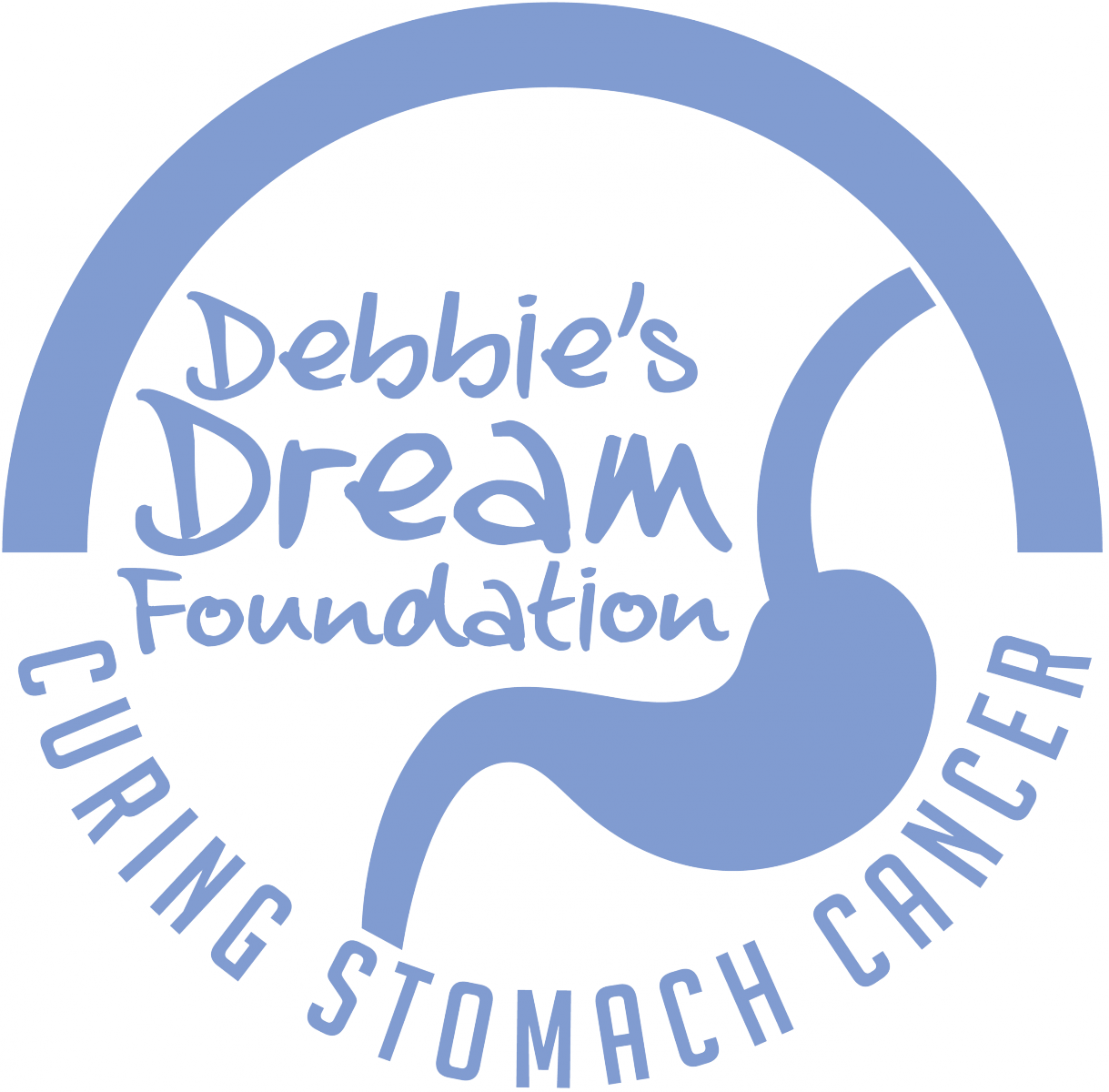Judy Kessler

"Ironically, Chelsea is not the first person in my family to lose their life from stomach cancer," a woman writes about her daughter.
I am 55 years old and the mother of five children. Two of which have been given back to God, as we say in my family—one at birth and the other one, Chelsea, on June 11, 2021, from this brutal disease, linitis plastica or leather bottle stomach, a rare form of stomach cancer, at the age of 31.
Ironically, Chelsea is not the first person in my family to lose their life from stomach cancer. An aunt and also a cousin have also suffered the same fate. Yet Chelsea’s CDH1 and CTNNA1 were both negative. Coming from a medical background and her dad and stepdad, we are all very suspicious that there has to be more to it, and there may be another genetic link yet to be discovered. As a result, my blood and her dad’s blood are stored with Chelsea’s for future testing. It’s important as Chelsea was fortunate enough to harvest 22 eggs on New Years Day, 10 of which are now embryos, and I have no doubt someone will be born out of that bunch.
As a family, we have a very vested interest in the genetic findings of this disease. We’re also curious about the treatments that are working and the surgeons who are cutting edge. Sadly, for Chelsea, nothing worked. Her cancer continued to grow despite the very best of treatment. Her dad is a GI doctor, so I’m confident he did the research needed. Chelsea felt incredibly supported upon diagnosis on December 16, 2020, when she was told that the sample from her advance endoscopy came back positive for cancer. On December 21 she had laparoscopy and on December 24, 2020 she had a PET scan/CAT. With her doctor’s permission, that same day she also began fertility treatments to harvest her eggs. Chelsea couldn’t drink or swallow anything at the time. On December 29, 2020, the surgeon called her to inform her with the words “STAGE 4.” That call literally took every ounce of hope and every bit of support she felt and blew it completely out of her. It was as if she was then written off.
I understand how challenging it was for the medical staff to get her treatments approved despite the stage 4 diagnosis. Still, the presentation and lack of conversation about the truth of her disease were horrible. Her husband attended all of her appointments, letting us join by phone due to COVID, and the lack of compassion and literal truth said to them were stunning. I feel like this desperately needs to change. I know that the fear of death for most stage 4 patients is very real, yet it is not ever discussed.
As a hospice doula, I find that, amazingly, death is such a dirty word, yet we are all going to die. I hardly thought it was a secret. Chelsea and I have been hospice volunteers and doulas for well over ten years, and we always had a “plan” if “one of us” got sick. Of course, the “one of us” was me, not her. Yet here we were. She was bestowing me with the honor of being her doula. A gift I can only tell you fills my heart more than anything else. It’s also something I’d like to offer and share with others who would like to know more about it and have questions about palliative care versus hospice care and what it is we do. I’m sure many people are success stories in the DDF community, but for those that aren’t, they are the ones I’d like to offer my support to.
